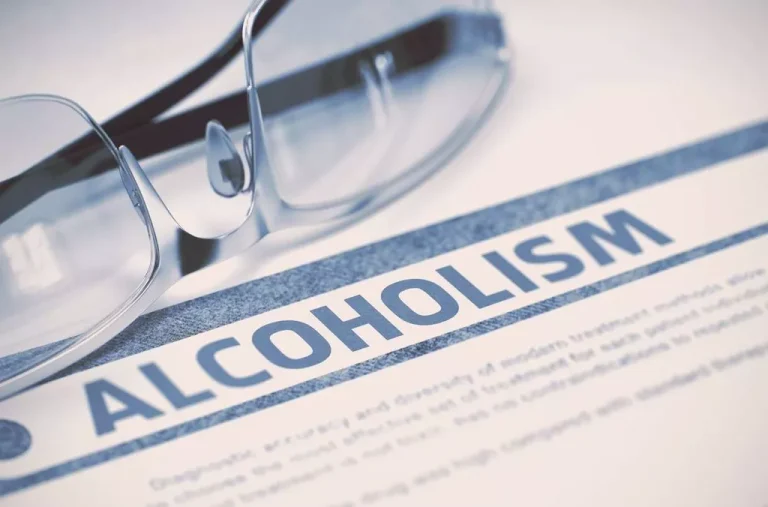
HPPD can affect mental health and cause ongoing stress and concern. Hallucinogen-persisting perception disorder (HPPD) causes marijuana addiction a person to keep reliving the visual element of an experience caused by hallucinogenic drugs. The mechanisms behind HPPD are still not well understood, and there is a lack of clear explanation regarding its causes. One of the current hypotheses suggests that anxiety may not only amplify existing visual disturbances but could also potentially trigger these visual phenomena.
What Are the Causes and Risk Factors for HPPD?
Notably, HPPD can develop after a single use of a hallucinogen or after repeated use. These symptoms persisted for the last 13 years, with little change in intensity and frequency. All efforts at treatment, psychopharmacological as well as psychotherapeutic, failed to alleviate the symptoms. Often the patient was unable to focus properly with her eyes and tired rapidly while performing intense visual tasks – these deficiencies being detrimental to her studies and professional work as an architect. As a consequence, the patient became depressed with latent suicidal impulses. She also found it increasingly difficult to distinguish between ‘normal’ and ‘ abnormal’ perceptions.
- The alterations in brain activity may be due to shifts in levels of the brain chemical gamma-aminobutyric acid or GABA.
- A representative, but not exhaustive, list of reported visual disturbances.
- Haloperidol 69 and Trifluoperazine 70 were reported to be helpful.
- However, they do not yet understand the type or frequency of drug use that causes it.
- Recognizing HPPD symptoms is crucial to preventing the condition from worsening.
- This drug is approved for use as an injectable, short-acting anesthetic and a nasal spray for depression.
- Sufferers know that their perceptions are a result of alterations in visual processing, as opposed to other mental illnesses whereby the sufferers are unable to discern what reality is.
What does HPPD feel like?
Two patients fully recovered, two partially recovered, and four did not recover. People who have Type 1 experience short, occasional pseudo flashbacks. Those who have Type 2 experience continuous changes to their vision that come and go without warning. As an expert in HPPD, Dr. Locke understands the value of collaboration with other healthcare providers. If you already have a psychiatrist or neurologist, Dr. Locke is open to working alongside them to ensure you receive the most comprehensive care possible. If you’re not currently working with a specialist, Dr. Locke can help guide you in finding one, and he offers virtual consultations to make accessing care more convenient.
5. First-Line Medications
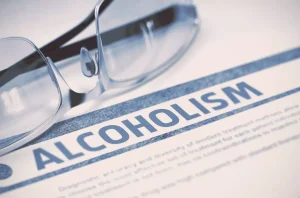
For some, simply thinking about hallucinations can trigger a flashback. If you or someone you care about is struggling with HPPD symptoms, our primary care telemedicine practice is here to provide support. We offer compassionate, convenient care tailored to your needs, all from the comfort of your home. Contact us today to schedule a consultation and take the first step toward relief. Even if drug use occurred a decade or more in the past, it might be that HPPD is the cause of the problem.
Types
For example, someone with HPPD may see colors more intensely or notice halos of different-colored light around objects. Objects might also appear either too big (macropsia) or too small (micropsia). Auditory experiences, like loud music at a concert, may be more intense than normal.
- Some people using hallucinogenic drugs can re-experience the effects of the drug days, weeks, or even years after they used it.
- Getting help and seeking support is a great first step toward overcoming the disturbing and frequent visual disturbances of HPPD.
- In the light of more recent studies, earlier estimates of 5–54% incidence seem exaggerated – a rate of 5% or lower appears more realistic.
- No pictures, text posts or simulations glorifying this condition or promoting symptoms to others.
- These unpredictable changes can make emotional regulation difficult.
- Twelve patients had data available on treatment, and eight patients had recovery status recorded (Table 4).
Implications for clinical practice
Regardless, every perceptual symptom that was experienced during intoxication may re-occur following hallucinogen withdrawal. We report a list of the main literature-reported visual disturbances in Table 2. While many people use hallucinogenic drugs recreationally without long-term effects, a small percentage develop hallucinogen persisting perception disorder. The disorder can happen after just one experience with hallucinogenic drugs or repeated use.
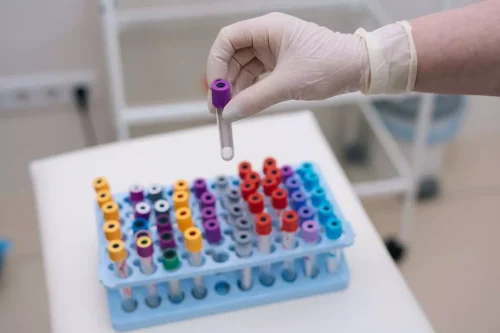
If you or someone you know is struggling with the perplexing symptoms of HPPD (Hallucinogen Persisting Perception Disorder) or Visual Snow Syndrome, you’re not alone. Dr. Steven Locke stands as a beacon of hope and understanding in a field where few psychiatrists are familiar with these conditions. With his profound expertise, Dr. Locke has been able HPPD symptom to guide patients from around the world through assessments, diagnostics, and treatment, offering relief and support where it’s needed most. The flashbacks of HPPD are primarily visual and can make you feel as if you are reliving an experience from the past.
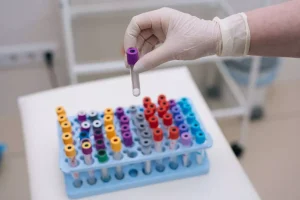
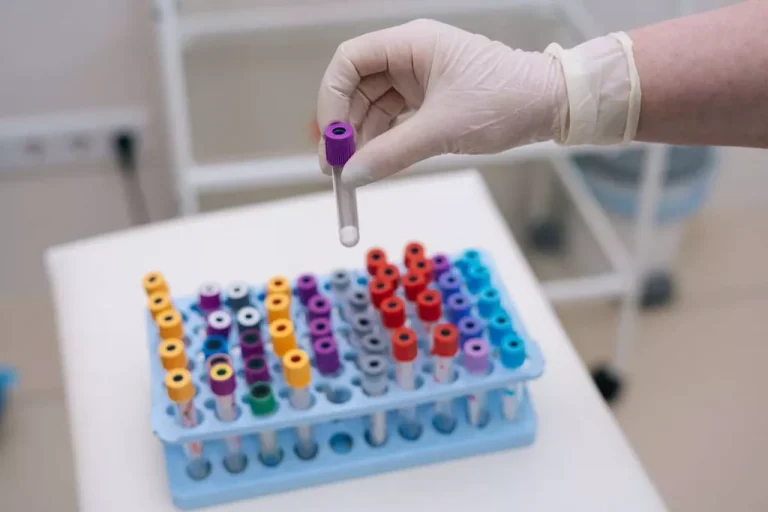
Dr. Locke emphasizes the importance of avoiding all hallucinogenic drugs, including even small doses or “micro-dosing” of psychedelics, as this can often worsen symptoms or trigger https://ecosoberhouse.com/article/dealing-with-internal-and-external-relapse-triggers/ a relapse. He also recommends minimizing alcohol intake, as it can have similar effects on the brain. For those already undergoing treatment, regular follow-up and potentially additional diagnostic tests like EEGs or MRIs may be advised to rule out other possible conditions.
